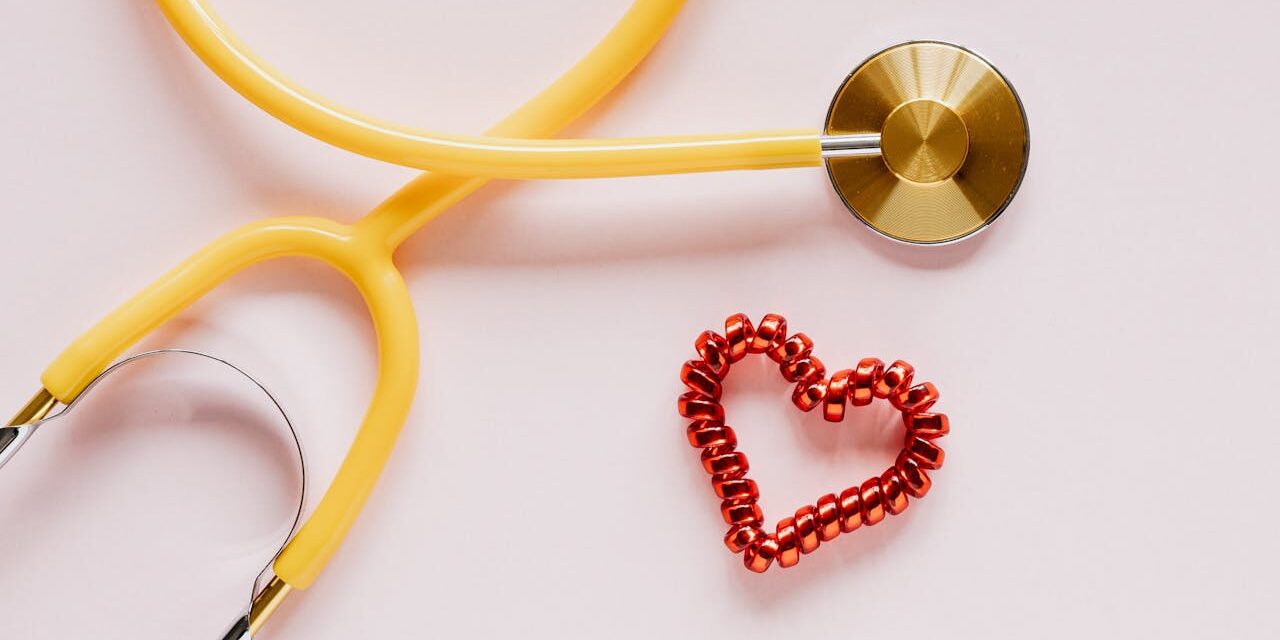Over time, most of us tend to establish an interactive pattern with our doctors.
Therefore, if you have to change doctors for any reason, it can be quite a stressful experience, more so if you have a health condition that calls for greater care.
Keeping a few points in mind makes this transition easier.
Table of Contents
Keep Medical Records Ready
Gather all relevant medical records and keep them ready.
The new doctor will need to consult these to arrive at the total picture of your present health condition. If you monitor and maintain a record of some parameters such as blood glucose at home, take these records along for your first doctor’s appointment with the new doctor.
If you have records of an old surgery or hospitalization, carry those, too.
Carry Identity and Insurance Documents
If you are going to consult a new doctor at the same hospital or clinic, your identity and insurance information will probably be available in the doctor’s office.
However, if you are seeing the new doctor at an entirely different health facility, you should carry the relevant documents with you.
List out Your Health Complaints
Write down your health complaints in brief, underlining the key points, so that you can quickly recount the same to your new doctor.
Also make a note of allergies from which you suffer if any, especially with respect to medication. If you have questions to ask, write them out as specifically as possible, and take this along as well. Remember, doctors are generally hard-pressed for time and the best way to ensure your doctors hears all relevant information is to have it ready to be said when the doctor asks.
Besides, unless you have it in writing, there may be some key point that slips your mind which would have been useful to the doctor to diagnose or determine the treatment you need.
Have Information of Prescription Medicines you Take
Especially if you are on multiple drug therapy, it is vital you provide complete information of your medication along with the dosage details.
The best way to convey this is to carry your most recent prescriptions and show them to the new doctor. Also carry information of medication you previously took because it may be useful.
If you have taken any over-the-counter medication or a health or nutritional supplement, you need to tell the doctor about it, too.
Arrange For Company
Arrange for a family member or a trusted friend to accompany you.
Having someone to talk to can reduce the anxiety you feel about meeting a new doctor. Besides, this person can help fill up the gaps in your understanding of what the doctor said.
Carry Writing Material
Once you have finished answering the new doctor’s questions, you will need to listen to what he or she has to say – instructions about your medication, laboratory tests that may be required, or diet and exercising information.
Carry a pen and paper to note it all down you do not miss out on something important.
Perhaps your old doctor was really sweet or perhaps, he or she was just the opposite – do not let this cloud your judgment. Rather, prepare to meet the new doctor with an open mind, focusing only on the need to present and gain information with clarity.





